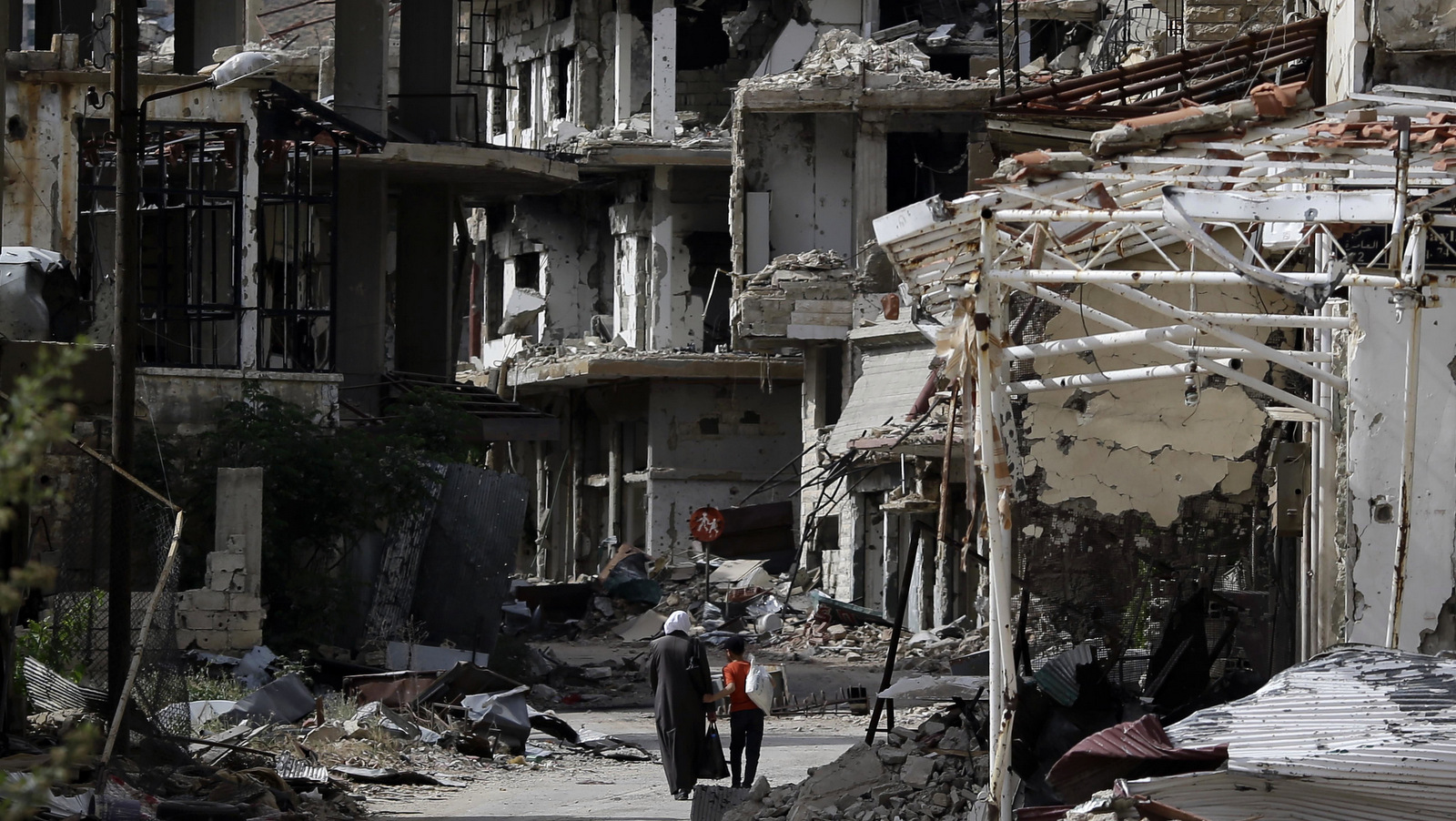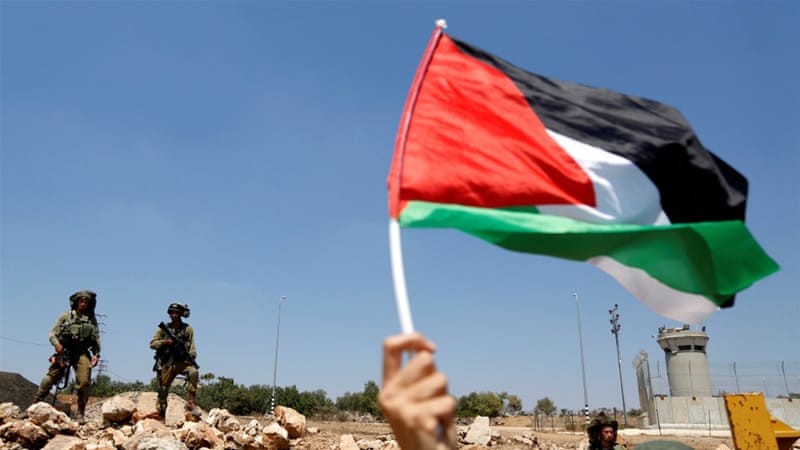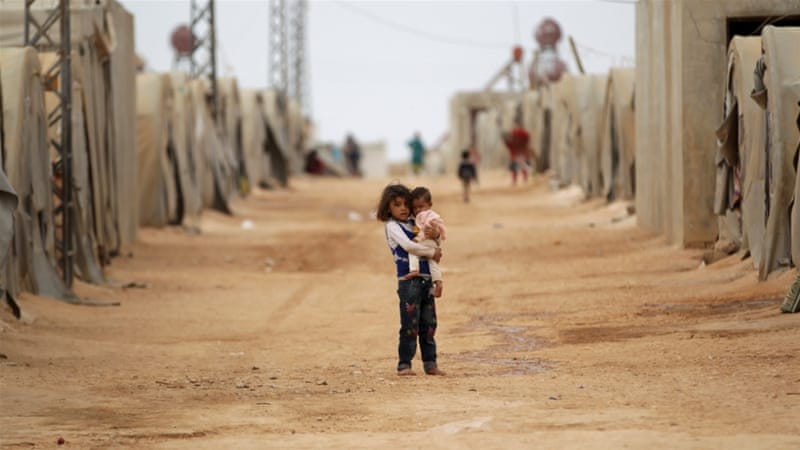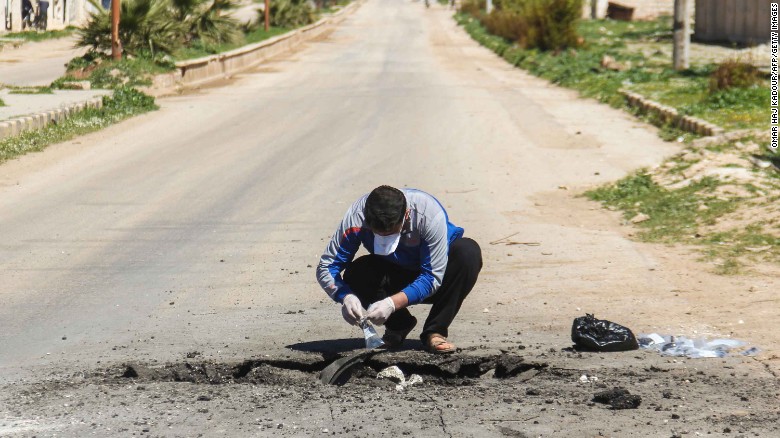By: Yamillet Brizuela
Impunity Watch Reporter, Middle East
AL-TANF, Syria – The U.S. military carried out an air strike on Thursday, May 18, against the supporters of President Bashar al-Assad’s Syrian regime convoy and Iranian-backed militia that neared a Western special forces unit and US-backed rebels’ base in al-Tanf.

On Friday, May 19, the Syrian Observatory for Human Rights (“SOHR”) reported that at least eight members of the pro-Assad regime forces were killed, most of them were of non-Syrian nationalities. SOHR reported that the airstrike destroyed at least four vehicles which were carrying supporters of the regime, suggesting that injuries from the destruction could cause the death toll to rise.
Syria and Russia claimed the U.S airstrike on the convoy was “government terrorism” that caused a “massacre” which killed several people, both civilians and soldiers in al-Tanf. Specifically, the Syrian government stated that the airstrikes were a “blatant attack on forces fighting terrorism.” The Russian government claimed the airstrikes violated Syria’s sovereignty.
On the other hand, the U.S. claimed the airstrike was “defensive” in nature. The U.S. Defense Secretary reported that the U.S. military determined that the convoy posed a threat to the U.S. and partner forces; he also claimed that Russia was warned prior to the airstrike that the convoy was “getting too close to coalition forces.” The U.S. claimed airstrike to be a signal to President Bashar Assad to keep his forces out of a zone where U.S.-backed rebels are fighting the Islamic State group, and that they will continue to defend themselves against any threat to the coalition or its allies in the area.
This airstrike has been the second of such confrontation between the United States and the pro-Assad regime. In April, U.S. President Donald Trump authorized the launch of dozens of missiles against the Shayrat airbase, destroying a number of key Syrian military assets, in retaliation for a chemical weapons attack on civilians believed to have been conducted by the Assad regime that week.
In addition, U.S President Donald Trump’s first foreign trip as president began on Friday, May 19, in the Middle East. Syria’s war and Arab-Israeli peace are said to be the top of his agenda.
For more information, please see:
ABC News- Syria Says US Airstrike Killed Several Soldiers Near Jordan- 19 May 2017
Aljazeera- Syria, Russia Condemn US-led Strike on pro-Assad Forces- 20 May 2017
BBC- Syria and Russia Condemn US-Led Attack on pro-Assad Forces- 19 May 2017
Middle East Eye- Syria War: Russia Claims US Attack Killed Civilians- 19 May 2017
Reuters- Syrian Negotiator Calls U.S. Strike ‘Terrorism’ and a ‘Massacre’- 19 May 2017
Reuters- U.S. says Iranian-Directed Convoy Targeted by U.S. Strike in Syria- 19 May 2017



